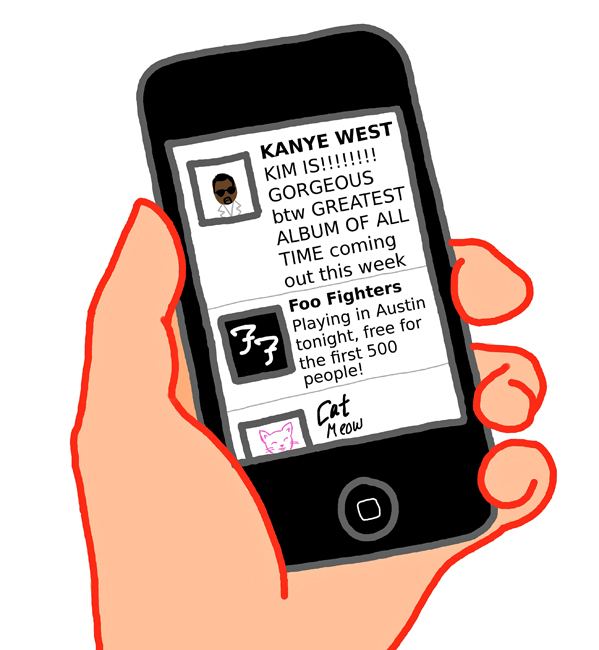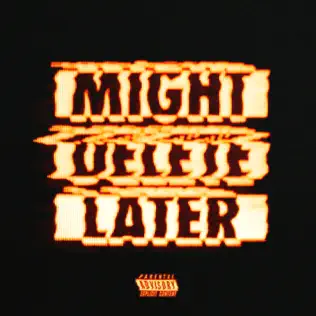The time between an album’s announcement to the tour’s final show used to be fairly standard: advertise the album, release a few singles, drop the record and promote the album with videos and a tour.
This standard is undergoing major revision as many popular artists ignore it completely by implementing spontaneous album releases. Years of experimentation have led labels to abandon extensive PR and instead rely on hype and social media to drive an album’s sales, avoiding the undermining effects of a potential leak.
Staying relevant has always been crucial in music sales, but few acts have perfected this. Although social media was not prevalent when the White Stripes toured, Jack White and Meg White performed seemingly random day shows — playing on a boat, a public bus or even a bowling alley — before their concerts to promote their concerts and sell tickets.
This trend trickled over from live performances to album releases, such as Beyoncé’s surprise release of her self-titled fifth album. The impact of the release was massive; social media buzzed for days about the release and the album received critical acclaim and debuted at number one in the U.S.
Social media was at the core of the success of Beyoncé’s album. Spreading the news of an artist’s new album is as simple as hitting the retweet button. Dave Junker, advertising and public relations lecturer, said the crux of social media is that it costs almost nothing for a PR group to use; the user does all the advertising.
“Beyoncé is a prime example of how this model works,” Junker said. “The surprise release of her album allowed the loyal fan base to help promote the album. It becomes an organic thing, a bit of a sensation.”
Junker said when users’ Facebook and Twitter feeds fill up with comments on a new album, people are more likely to purchase the record.
Other artists have followed suit. Drake mirrored Beyoncé’s model: He released his mixtape via Twitter, received more than 110,000 retweets and sold almost half-a-million albums in three days.
Junker said piracy plays a major role when considering how to announce and release a record.
“The main reason labels are pursuing these quick releases is to minimize the potential impact of some of the albums getting leaked,” Junker said. “As artists and management struggle to handle how quickly the industry is evolving, these quick releases help avoid major pitfalls.”
If people get word that an album was released, Junker said they are more likely to support the artist by purchasing a digital or actual hard copy than downloading an illegal copy. Piracy is unavoidable once the album is released but eliminating the possibility of an accidental release or leak before the album formally releases increases sales.
This trend may or may not be temporary, but one thing is for sure: it works.





















